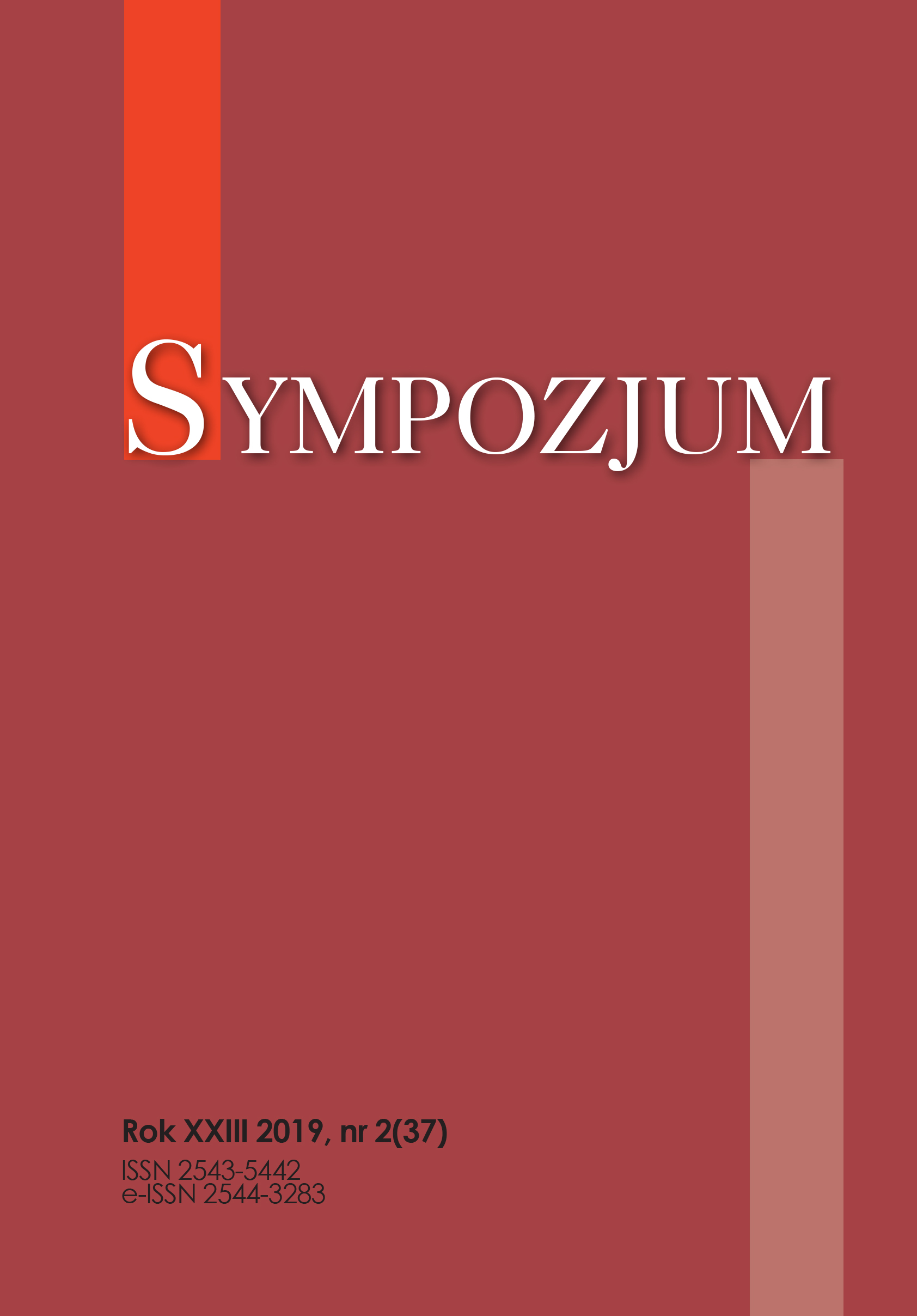Postmodernizm – nowe wyzwania ewangelizacyjne
Postmodernism – the new challenges of evangelization
Author(s): Władysław MajkowskiSubject(s): Christian Theology and Religion, Theology and Religion, Systematic Theology, Pastoral Theology, Sociology of Religion
Published by: Wyższe Seminarium Misyjne Księży Sercanów
Keywords: evangelization; secularization; rationalism; postmodernism;epistemological crisis;
Summary/Abstract: Christianity has its source in the fact of God’s love for Man. „For God so loved the world that he gave his only Son, so that everyone who believes in him might not perish but have eternal life. For God did not sent his Son into the world to condemn the world, but that the world might be saved through him” (Jn 3,16-17). This „Good News” about the salvation accomplished in the Person of Jesus Christ is addressed to every human being to restore his original perspective. The Good News reaches people through its preaching to those who have not yet received it, but also to those who, for whatever reason, have departed from it. In Europe, starting from the Enlightenment, slow de-Christianization of societies began. Rationalism slowly began to supplant religious attitudes, and pragmatism moved towards the organization of the earthly kingdom, excluding the eschatological perspective. Two atheistic ideologies worked in the same direction: Marxism and Nazism. As a consequence, European societies began to move away from Christianity, adopting a way of life without God. A new perspective of postmodernism has been included in this lifestyle, the essence of which is the epistemological crisis and the crisis of values. These recent changes pose new, previously unknown challenges to Christianity. As a result, a need arises for new forms of preaching the Gospel to these people.
Journal: Sympozjum
- Issue Year: 37/2019
- Issue No: 2
- Page Range: 141-155
- Page Count: 15
- Language: Polish

